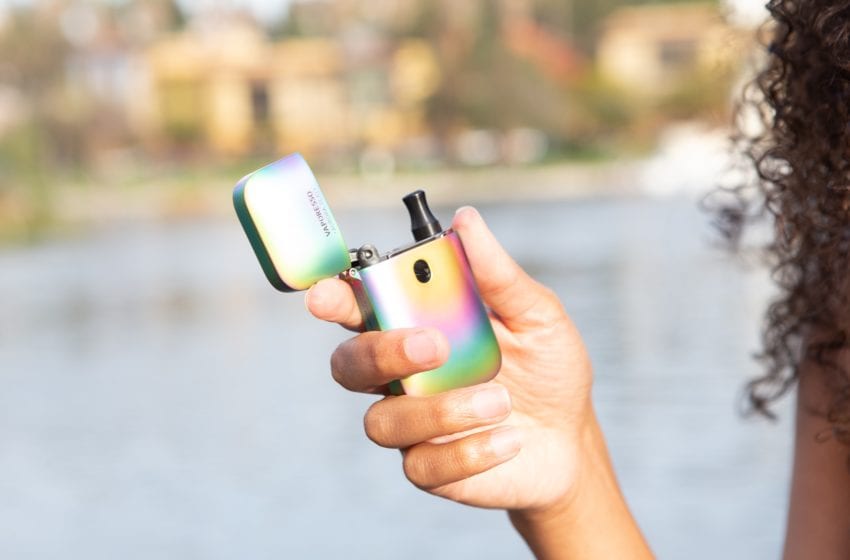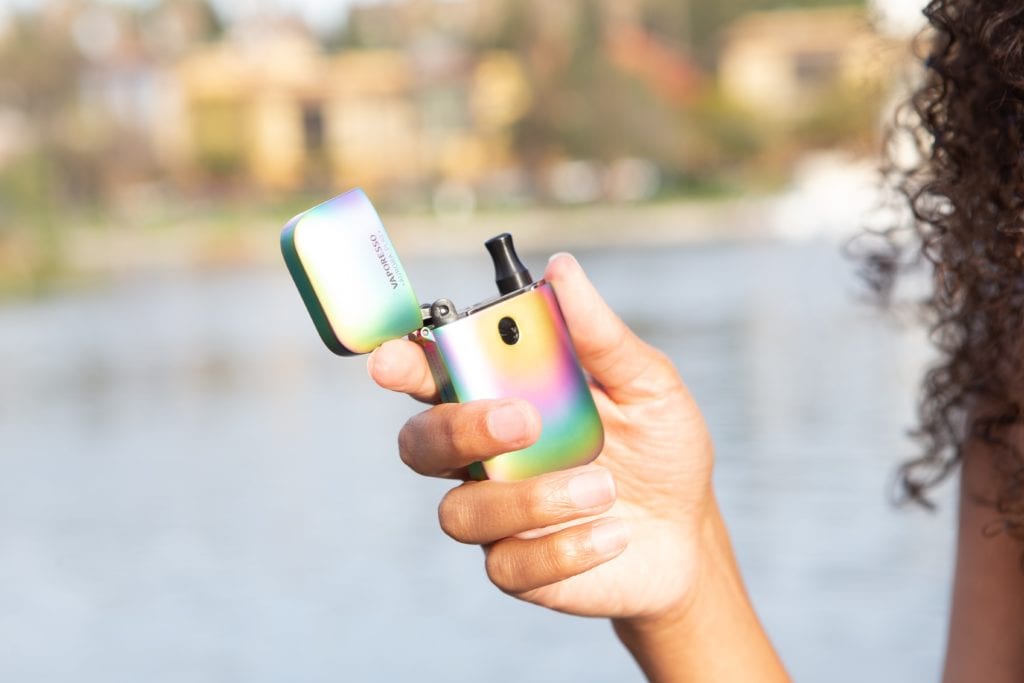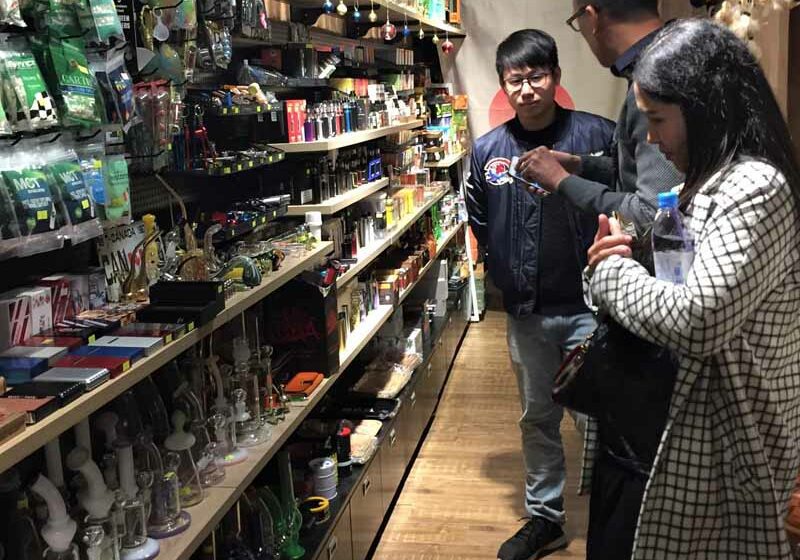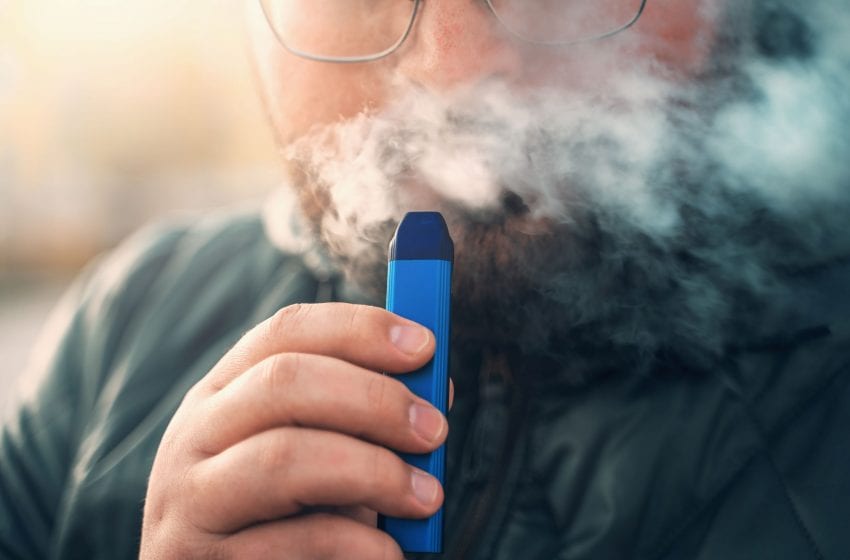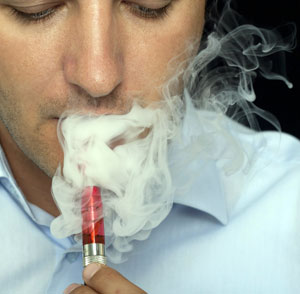In just one week, the vapor industry could be drastically different. Thousands of businesses could close. Millions of products are most likely going to be removed from store shelves. Premarket tobacco product applications (PMTA) are due to the U.S. Food and Drug Administration (FDA) on Sept. 9 and the vapor industry is bracing for the impact the regulatory deadline will have on businesses and consumers alike.
To date, only a small percentage of vapor product manufacturers have publicly announced that they submitted PMTAs that had been accepted by the FDA. All the major tobacco companies have filed PMTAs for electronic nicotine delivery systems (ENDS). Avail Vapor, E-Alternative Solutions, Charlie’s Chalk Dust and Prism are just a few smaller companies that have also publicly announced PMTA filings.
The FDA has stated that there will not be a grace period for retailers to sell previously purchased product. This has confused vape shop owners who are wondering what products they will be able to sell on Sept. 10. On Aug. 25, this lack of clarity prompted a group of retailers to write a letter to the FDA urging the agency to release a list companies that filed a PMTA. The FDA then announced a week later that the agency would break from tradition and let retailers know what products can be sold, but when that list will arrive is still a question mark.
In a press note on Aug. 31, director of the FDA’s Center for Tobacco Products, Mitch Zeller, wrote that the FDA “plans to make publicly available a list of the deemed new tobacco products” that are subject to the Sept. 9 deadline and were on the market as of Aug. 8, 2016. “However, before doing so, we will need to ensure that the publishing of any such information complies with federal disclosure laws and regulations as only certain types of product information from applications can be lawfully disclosed,” Zeller wrote.
The FDA also states that it expects numerous PMTA submissions and the one-year review timeline may be exceeded. Zeller acknowledged “there are over a million deemed products” currently listed with the regulatory agency.
“Even if applications are submitted for only a portion of those products, the likelihood of FDA reviewing all of these applications during the one-year review period is low, given that this would be an unprecedented number of applications and several orders of magnitude greater than anything the Agency has experienced,” Zeller wrote. “Depending on the number of new applications we receive by the deadline—which could be anywhere from a few hundreds of thousands to millions—as a matter of practicality we may not be able to fully complete review of all tobacco product applications that we receive by Sept. 9, 2020 within the year.”
The Vapor Technology Association (VTA), a vapor industry advocacy group, echoed the FDA in advising retailers to ask manufacturers for specific information on whether their products are covered by a PMTA. Numerous distributors have told Vapor Voice that they intend to buy back any product that their retailers will no be able to sell.
“Each manufacturer may have a different method of providing you with evidence that it has filed PMTAs for its products, including, for example, a redacted version of its Cover Letter or proof of submission through the electronic filing portal,” said VTA Executive Director Tony Abboud. ”While FDA is not currently performing in-person inspections, they will likely resume soon after COVID-19 restrictions are lifted. So, if inspections resume before FDA publishes the list of products for which PMTAs have been filed, you can insulate yourself from potential exposure by having on hand documentation from your manufacturers regarding the product that you have on the shelves.”
Policing retailers may prove difficult for the FDA in the short term, however. In March, due to Covid-19, the FDA temporarily postponed compliance checks and vape shop inspections. This suspension of in-person retail enforcement activity is likely to continue until Covid-19 restrictions begin to lift. However, the FDA has stated it plans to continue monitoring social media, industry-related websites and publications, and issue warning letters when required.
It should also be noted that, in February of this year, the FDA outlined and reiterated its enforcement priorities. The FDA stated that it would focus enforcement efforts for flavored cartridge-based ENDS products; all other ENDS products for which the manufacturer has failed or fails to take adequate measures to prevent access or use by minors; any ENDS products that are targeted to minors or which are likely to promote use by minors; and manufacturers that have not filed PMTAs by the deadline.
The most important thing for manufacturers is to get PMTAs submitted on time, according to Zeller. The FDA announced that if a PMTA has any deficiencies, the agency will address those issues in writing. “Although we expect high quality and complete applications to come in by Sept. 9, if we do find deficiencies, it is likely FDA will issue a Deficiency Letter with a 90-day deadline for companies to respond,” Zeller wrote. This would give companies an opportunity to solve those issues rather than the agency outright rejecting the application.
The FDA stated that it would also devote as many resources as possible under the circumstances to help expedite the PMTA review process and the agency vows to treat all applications equally.
“As always, FDA intends to be fair in allocating FDA resources to review applications from both small and large manufacturers and importers, and from applications received through different pathways,” Zeller stated. “Additionally, we intend to maximize the resources that we have to review the most products in the shortest timeframe … To help with this, we are refining our review processes to shorten the overall review time.”













